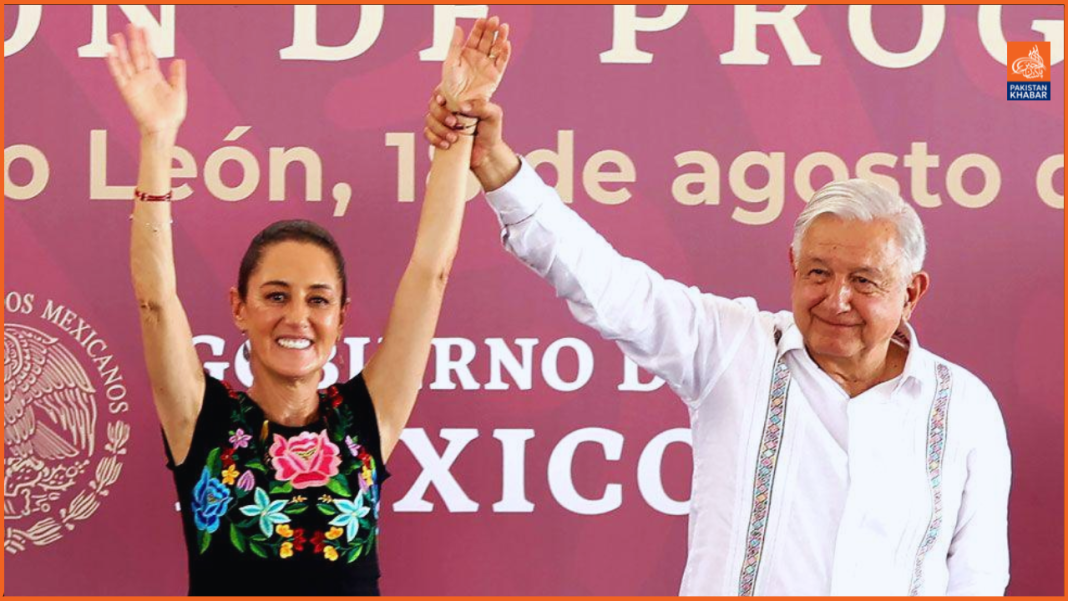Claudia Sheinbaum’s recent inauguration as Mexico’s president marks a moment of strong continuity, building on the legacy of her popular predecessor, Andrés Manuel López Obrador (AMLO). Sheinbaum inherits both economic strengths and challenges from AMLO, including an economy boosted by the trend of “nearshoring” as U.S. and Asian companies relocate operations to Mexico to sidestep U.S. tariffs on Chinese goods. This shift has solidified Mexico’s position as America’s top trading partner, attracting substantial foreign investments, including commitments from Amazon and Volkswagen. However, critics argue that nearshoring primarily benefits companies rather than significantly advancing Mexico’s broader economic health.
A pressing issue for Sheinbaum’s administration is Pemex, the state-run oil giant, grappling with $100 billion in debt. AMLO’s support for Pemex, including tax reductions and cash infusions, has kept the company afloat but has been criticized for hampering Mexico’s transition to renewable energy. Pemex’s challenges also highlight the tension between Mexico’s energy goals and Sheinbaum’s environmental record; balancing Pemex’s economic role while addressing climate responsibilities poses a unique dilemma.
Beyond economic matters, Sheinbaum faces complex relations with the U.S., especially as the USMCA trade agreement heads for renegotiation in 2026. Diplomatic strains are already apparent, especially with the recent judicial reform proposal backed by Sheinbaum and AMLO, which would see judges elected by popular vote—an idea U.S. officials view with skepticism.
Sheinbaum’s popular support, along with her party’s strong legislative backing, offers her a unique platform to address Mexico’s challenges. Her promise to extend AMLO’s social programs—focused on pensions, stipends, and education grants—has resonated with voters, creating an unprecedented foundation as she begins her tenure.




